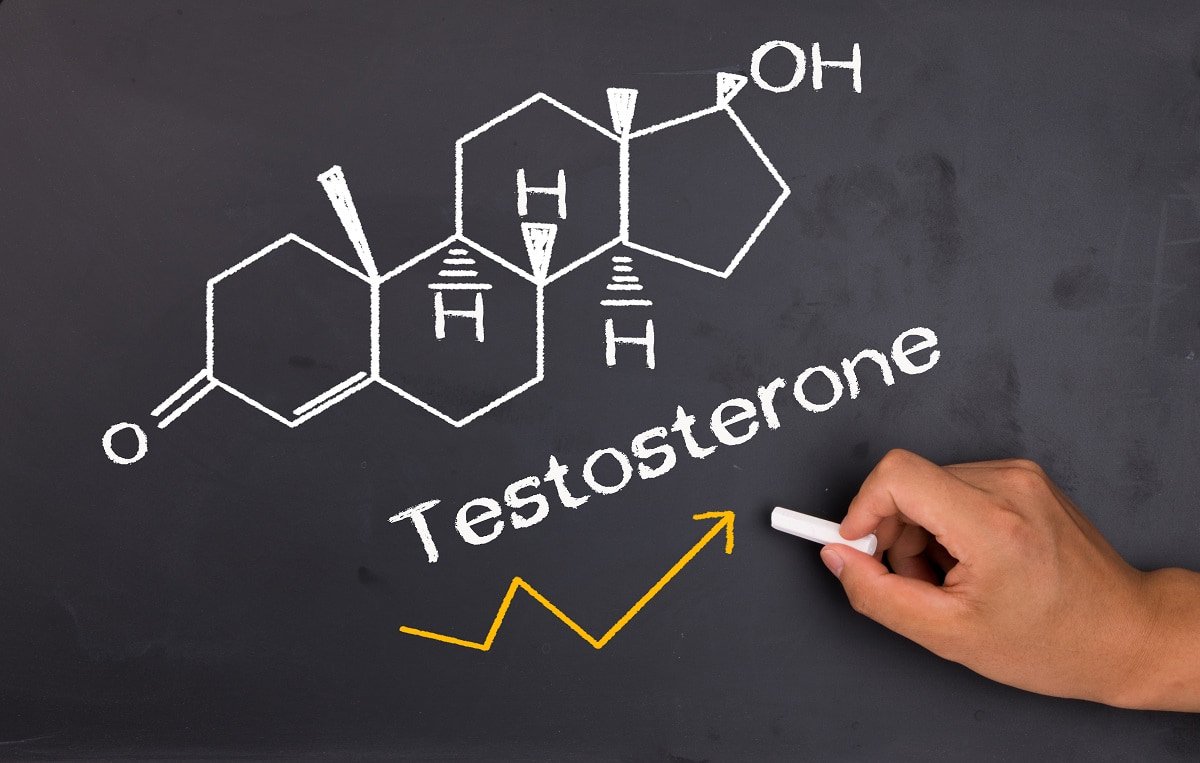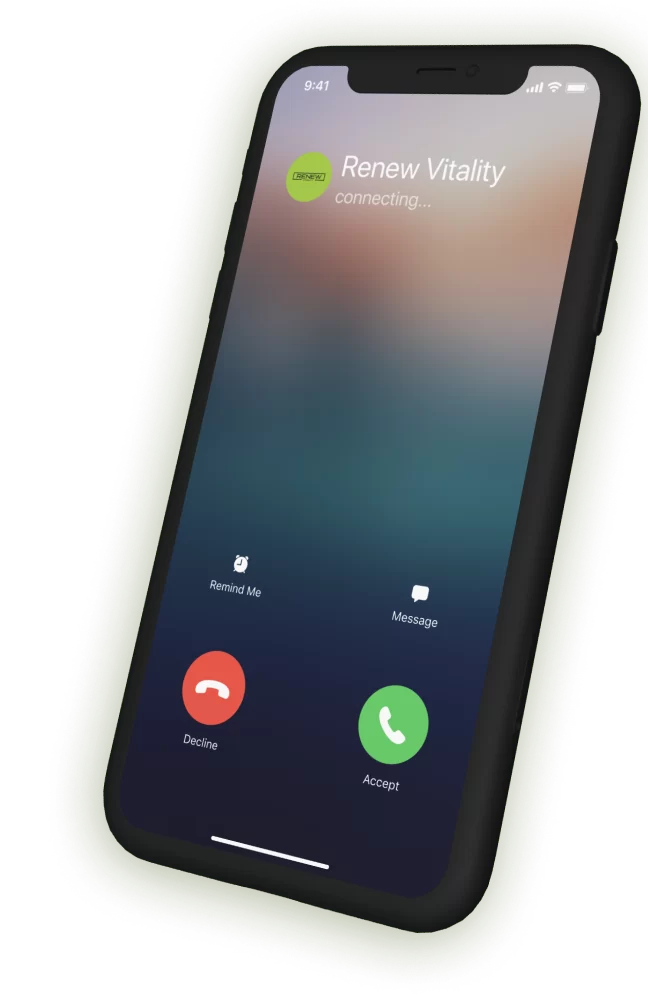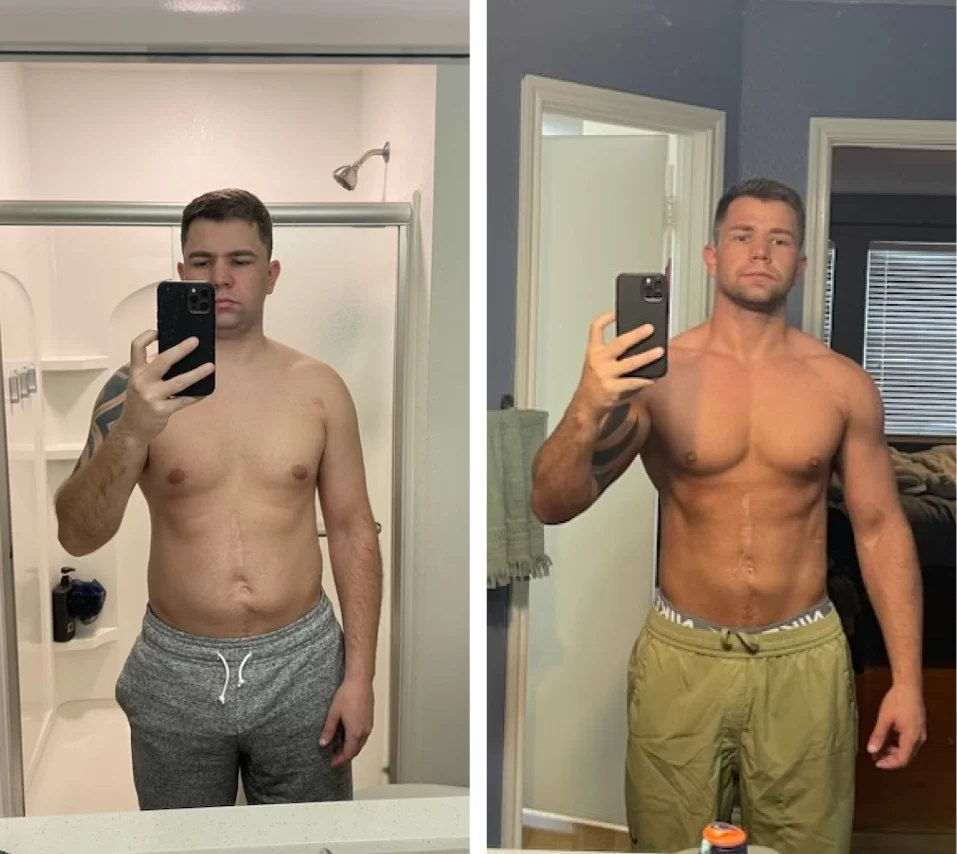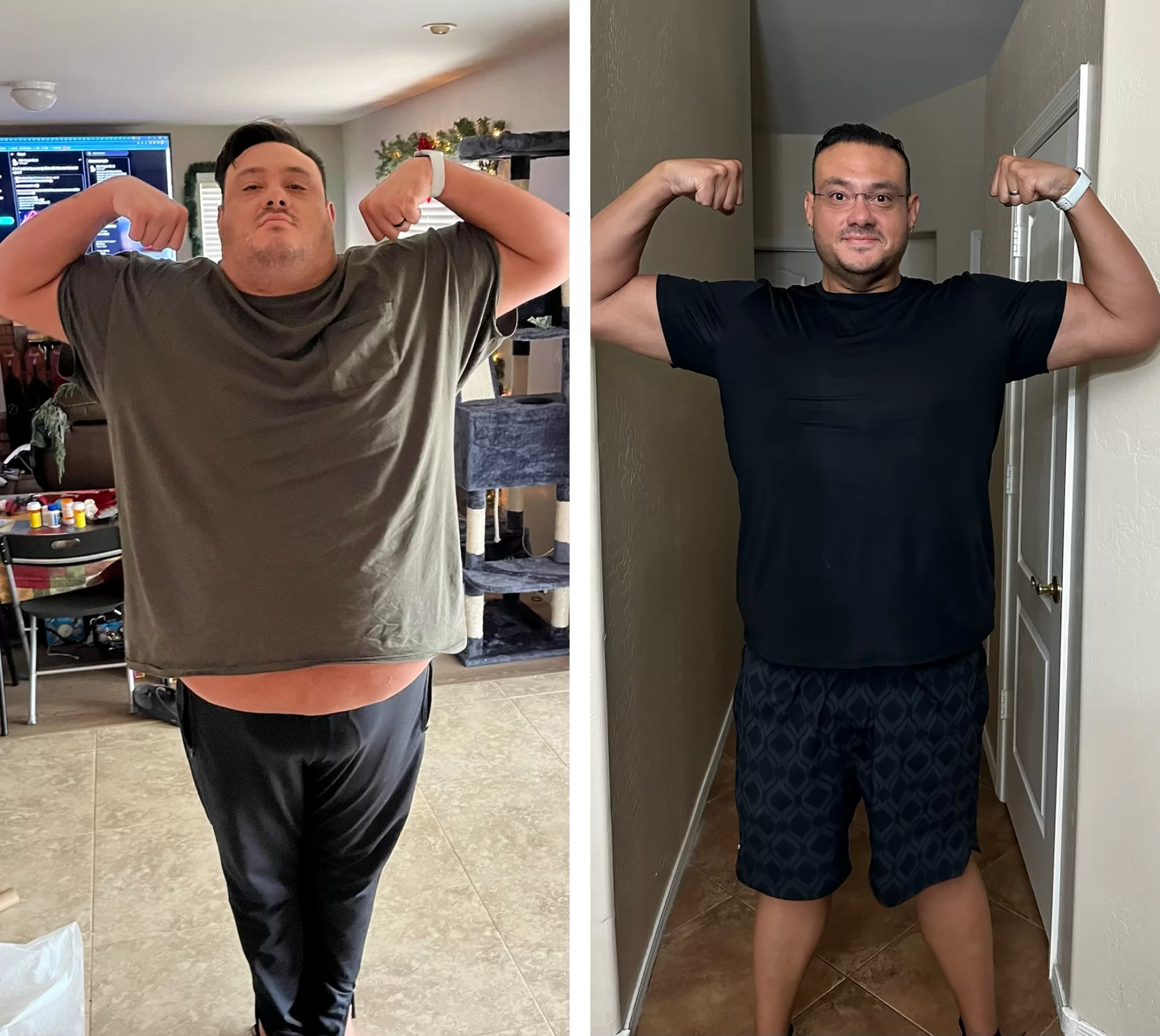If you’re an aging man looking to improve your health, there’s a good chance you’ve seen your fair share of articles explaining how testosterone affects your body. And if that’s true, you’re probably already aware that when your testosterone levels are dangerously low, it can lead to a hormone imbalance that can cause your overall health to deteriorate. While reading, you more than likely run across topics about the debilitating symptoms men exhibit when their testosterone declines and “how to naturally increase your testosterone” to treat those issues. And at that point, you probably briefly wondered, “where does my testosterone come from?”
Usually, the quick answer is the testicles. But although the testes play an integral part in testosterone production, there are also several parts in the body that ensure adequate amounts of testosterone are produced to maintain normal physical function. In this article, we’ll discuss how testosterone is made, the various factors that can affect your testosterone levels, and the steps you can take to raise your testosterone levels once they get too low.
How Is Testosterone Made?
One way to view testosterone production is to think of it as a three-stage process that starts with your brain and ends with your testicles. If you need a more visual reference, you could also think of testosterone production as a person that’s currently at the top level of a building with three floors, with the testes at the bottom. As it starts from the 3rd floor and makes its way down to the 1st, it has to go through two specific doors, the hypothalamus, and the pituitary gland, before reaching the testes.
Hypothalamus
The hypothalamus is the part of the brain responsible for producing hormones that pass through the nervous and endocrine systems. When the body needs testosterone, the hypothalamus secretes and sends a gonadotropin-releasing hormone to the pituitary gland to stimulate testosterone.
Pituitary Gland
The pituitary gland is the pea-sized gland located at the base of the brain responsible for guiding the release of hormones and the functions of many organs, including the adrenal glands, thyroid gland, and the testes. After the hypothalamus releases a gonadotropin-releasing hormone to signal testosterone production, the pituitary gland releases and sends gonadotrophic substances such as follicle-stimulating hormone (FSH) and luteinizing hormone (LH), which will promote several functions in the testes.
Testes
Once the follicle-stimulating hormone and luteinizing hormone reach the testes, the two hormones will part ways to serve different functions in the testicles. The FSH will move on to manage sperm production while LH activates Leydig cells, which convert cholesterol into testosterone. Because cholesterol is the building block of testosterone, the testes heavily rely on the cholesterol absorbed through the bloodstream from the foods we eat. Without sufficient cholesterol flowing through the bloodstream, the testes are forced to rely on their own cholesterol production, which can inhibit the Leydig cells from producing testosterone.
What Is the Role of Testosterone?

- Muscle mass and strength
- Body, facial, and pubic hair growth
- Developing and increasing libido
- Strengthening bone mass
- Increasing sperm production
- Causing the voice to deepen
- Enlarging testicle anatomy (penis and testes)
Once puberty is finished and males have reached adulthood, testosterone continues to maintain those specific male attributes. It also helps to regulate a male’s other biological functions including:
- Metabolism
- Body fat distribution
- Increased red blood cell production
- Behavioral traits (mood changes)
- Memory retention and cognitive thinking
After men reach their thirties, the body starts producing less testosterone production, causing their testosterone levels to decline. In some cases, testosterone levels may drop below the normal parameters for a man’s age, indicating a testosterone deficiency, better known as low testosterone or hypogonadism. Without healthy levels of testosterone during their older years, men will typically exhibit common symptoms of low testosterone, such as:
- Loss of muscle mass and decreased muscle strength
- Reduced sex drive
- Impaired cognitive function
- Rapid weight gain
- Sudden mood changes such as irritability or depression
- Weakened bone density
- Joint inflammation
Low testosterone can also lead to several other serious medical conditions such as osteoporosis, accelerated sarcopenia (muscle wasting), obesity, diabetes, cardiovascular disease, and erectile dysfunction, which can negatively affect a man’s quality of life.
What Factors Affect Testosterone Production?
Aside from age, there are several other different factors that can affect your reproductive system and cause your testosterone to decrease, such as:
Genes
Your genetic makeup can have a huge role to play in how your body functions and produces testosterone. Typically, labs will use a reference range based on your age to determine if a person’s hormone levels are too low, but for the most part, the idea of what’s considered a normal testosterone level will vary depending on the patient.
Health Conditions or Diseases
Although low testosterone can eventually lead to several health complications, men can also experience symptoms of testosterone deficiency as a result of certain health conditions. There are many health conditions and diseases that affect the hypothalamus, pituitary gland, and testicles can also impact your testosterone production, which can include:
- Orchitis
This condition involves the inflammation of one or both testicles and is typically caused by a bacterial or viral infection, such as an STI or the mumps. Since orchitis can negatively impact the testes, it can also cause detrimental changes to your testosterone production. - Hypopituitarism
This is a condition in which your pituitary gland is unable to produce the necessary hormones needed to maintain testosterone production. This can occur as a result of damage to the pituitary gland or hypothalamus. Other causes of hypopituitarism include brain or head trauma, benign tumors, radiation therapy, and removal of the pituitary gland through surgery. - Obesity
Having increased body fat can also lead to hypogonadism or testosterone deficiency. As men gain more weight, their fat cells increase the production of the aromatase enzyme, which can convert testosterone into estrogen. Eventually, the fat build-up will lead to the aromatase enzyme using more of the testosterone hormone to produce more estrogen, which will also cause your testosterone levels to significantly decrease.
Medical Treatment And Procedures
There are also other external factors that can greatly affect your endocrine and reproductive system, including:
Testicular injury or removal
Damage or trauma to the male reproductive system can cause the testicles to produce less testosterone. Removing the testicles, which are responsible for 95% of testosterone production, can also cause testosterone levels to decrease significantly.
Radiation Treatments
Cancer treatments can also affect your testosterone levels. Chemotherapy or radiation therapy to the pelvis can cause your testosterone and libido to temporarily decrease. Certain radiation therapies can even damage blood vessels and nerves, which can negatively impact your reproductive system and affect the efficiency of your testosterone production.
Medicines
Prescription and over-the-counter medications can also interfere with testosterone production and indirectly decrease testosterone levels as a side effect. The most common medications that can lead to low testosterone include beta blockers, antihistamines, opioids, antidepressants, and hypertension medications.
Lifestyle Factors
Your lifestyle can also play a very important role in how your body maintains your testosterone levels. Certain aspects of your lifestyle can negatively affect your testosterone levels, such as:
- Stress
- Unhealthy eating habits
- Alcohol and substance abuse
- Poor sleep quality
- Lack of physical activity and regular exercise
Since many factors can lower your testosterone levels, it can sometimes become difficult to pinpoint the exact cause of testosterone deficiency. For that reason, you may need a physician to regularly monitor your testosterone so they can easily determine if your testosterone has significantly declined and provide treatment based on their diagnosis.
Testing Testosterone
As men get older, it is important for them to keep a watchful eye on their testosterone levels through regular or periodic testing. Your physician or hormone specialist can provide specific testosterone tests to check your testosterone levels. These testosterone tests will usually measure two types of testosterone: total testosterone and free testosterone.
When testosterone is produced in the body, about 98% of the hormone will attach itself to sex hormone-binding globulin and albumin proteins in order to travel through the bloodstream and affect certain physiological processes and biological functions. Once testosterone is bound to SHBG, it can’t be used by other cells, making good biologically inactive. This type of testosterone is typically referred to as bound testosterone.
Free testosterone refers to the remaining 2% of the testosterone that is left unattached to any other proteins, making it biologically active and available for the body to use. This type of testosterone it’s typically responsible for the development of secondary male characteristics such as a deep masculine voice and male body and facial hair growth.
Just like it sounds, your total testosterone is the total concentrated amount of bound and free testosterone that travels through the bloodstream at any given time.
Physicians will typically request both a total testosterone test and free testosterone test to get an accurate picture of testosterone levels. A total testosterone test is used to measure your total testosterone levels and find out if you have a testosterone deficiency, while a free testosterone test is crucial to determining the cause of low testosterone symptoms.
These tests usually involve a blood sample and are taken before noon since testosterone levels are usually at their highest in the morning. During testing, a healthcare professional will draw blood from your arm and send the collected sample to a lab for testing. After 2-7 days, your physician will receive your test results and provide a diagnosis of your symptoms before discussing possible treatment options for your low testosterone.
How We Can Help
If you believe that you may be exhibiting low testosterone symptoms, it’s imperative that you find a certified medical facility to receive testing and treatment. And that is where the medical staff at Renew Vitality can help. Our physicians offer fast and reliable testosterone testing to help determine whether your symptoms are due to low testosterone or some other form of hormone deficiency.
As a hormone replacement clinic, we also specialize in administering several types of hormone replacement therapy, such as HGH and Sermorelin injections, to help you balance your hormone levels and correct your issues with hormone imbalance.
Using the concept of HRT, we integrate safe and effective testosterone treatments with manageable wellness programs into a comprehensive testosterone replacement therapy that can help treat and even reverse the symptoms of low testosterone.
With TRT, you can replenish your low testosterone levels and experience several improvements to your physical health, including:
- Enhanced sex drive and better sexual performance
- Increased energy levels and endurance
- Improved metabolism and weight management
- Increased muscle mass and strength
- Stronger bone density and decreased joint inflammation
- Improved memory retention and cognitive thinking
Low testosterone can be a difficult condition to live with. But if addressed early with the right treatment, you can easily manage or even alleviate your symptoms so that it doesn’t disrupt your quality of life. If you’re thinking about undergoing testosterone replacement therapy, contact Renew Vitality at 1-866-995-2371 to schedule an appointment at any of our hormone replacement clinics in the United States and learn more about our treatment options to determine if testosterone replacement therapy is right for you.
FAQ
What stimulates testosterone production?
Although the hypothalamus and pituitary gland regulate the release of certain hormones that can help produce testosterone, the luteinizing hormone is the primary hormone responsible for traveling to the gonads and stimulating testosterone production.
Can testosterone be produced naturally?
Yes and no. Although certain body parts, such as the adrenal gland and testicles, can produce small amounts of testosterone on their own, the human body primarily relies on the cholesterol from the foods we eat to create testosterone, which is why eating wholesome testosterone-boosting foods can help to naturally increase your testosterone levels.
Where does synthetic testosterone come from?
Synthetic testosterone is typically created in a compounding pharmacy by adding certain elements to modify the base testosterone molecule. However, with bioidentical hormone replacement therapy, synthetic testosterone can also be derived from plant sources like soy or yams to mimic the exact formula of natural testosterone.
Can testosterone be produced without the testes?
Unfortunately, no. Without both testicles in working order, the male anatomy will not be capable of processing the hormones needed to create testosterone.
What activity increases testosterone the most?
Rigorous exercise, such as resistance and high-intensity interval training, is usually the best form of physical activity to help stimulate a significant increase in your testosterone levels.




